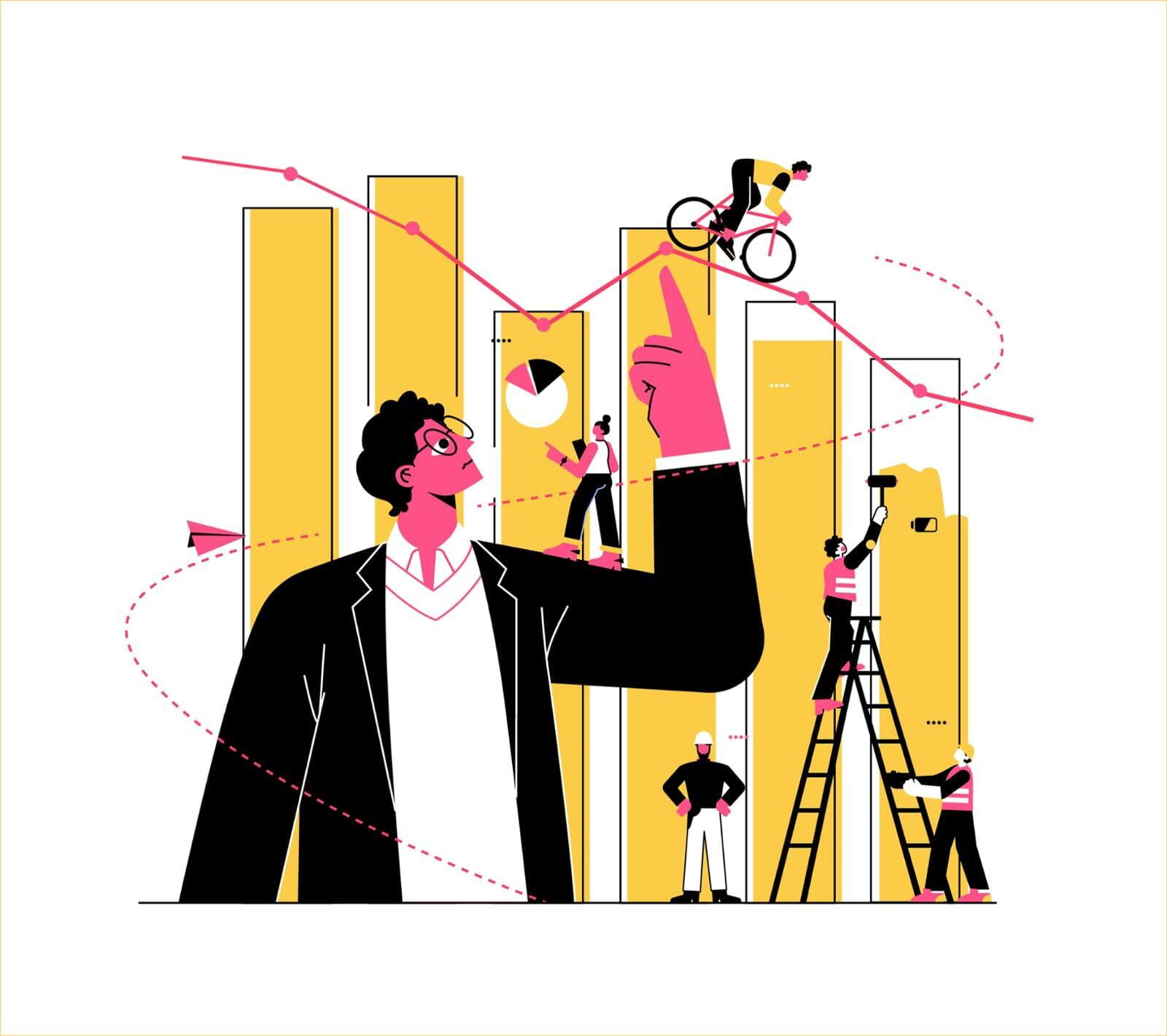A recent report on the evolving role of the finance function highlights that 93% of finance professionals believe their role has changed in the past five years, with 67% stating they now perceive themselves as strategic advisers rather than leaders responsible for compliance and accounting. It is fair to say that the role of a CFO is no longer limited to that of a:

Modern finance leaders are trailblazers, taking on many roles in the contemporary world. While they carry on their traditional tasks of the finance function such as bookkeeping, financial reporting, and statutory compliance, they are now re-inventing businesses. By exploiting data and employing it to increase the efficiency and effectiveness of their own department and others across the organization, modern CFOs are driving digital transformation to new frontiers of its capabilities.
With technology by their side, modern CFOs are offering a pathway to a more comprehensive, holistic transformation with clearly quantifiable benefits justifying the spend. Empowered with data and tech, they are now able to identify business benefits as the main value drivers, rather than simply looking for cost reductions, delivering a bigger edge in the market. The role has evolved so much that now nearly one-third of CFOs (32%) look to tech-driven products and services.
In their modern role, CFOs have a variety of power tools at hand. However, experts lay the expectations for faster and better insight, business model agility vis-à-vis new geographies and products, innovation in services and customer experience, all of which, taken together, better serve to propel profitable growth. And that is where the deliverance depends on the accuracy, availability and consistency of data, integrated technology infrastructure and platforms.
Modern CFOs and Supply Chains
The role of a modern day CFO has evolved to successfully integrating supply chains with the advanced technological tools that are available at hand and in the marketplace. At a complex level, there is also the question of cost cutting that can be derived out of an effectively managed supply chain management system.
Modern CFOs are operating to make informed choices that can improve the modes of functioning that supply chains of today take for granted. This is altering the way most organisations interact with their supply chains and is helping bring in value-added benefits at a broader level. The modern CFO, is again, well placed to spearhead these changes because of his/her access to valuable data.
In nutshell, the role of a CFO in 2021 and beyond, while retaining the traditional tasks, has become and is going to be more of a growth strategist and change catalyst. There are many business applications, cloud technologies and analytics that can take care of traditional functions with minimal manual intervention. However, it is a modern CFO that can bring in digital transformation to improve efficiency in operations across the organization and provide vital data to give farsightedness and insights to management/board to help drive growth and pivot, when in need.
